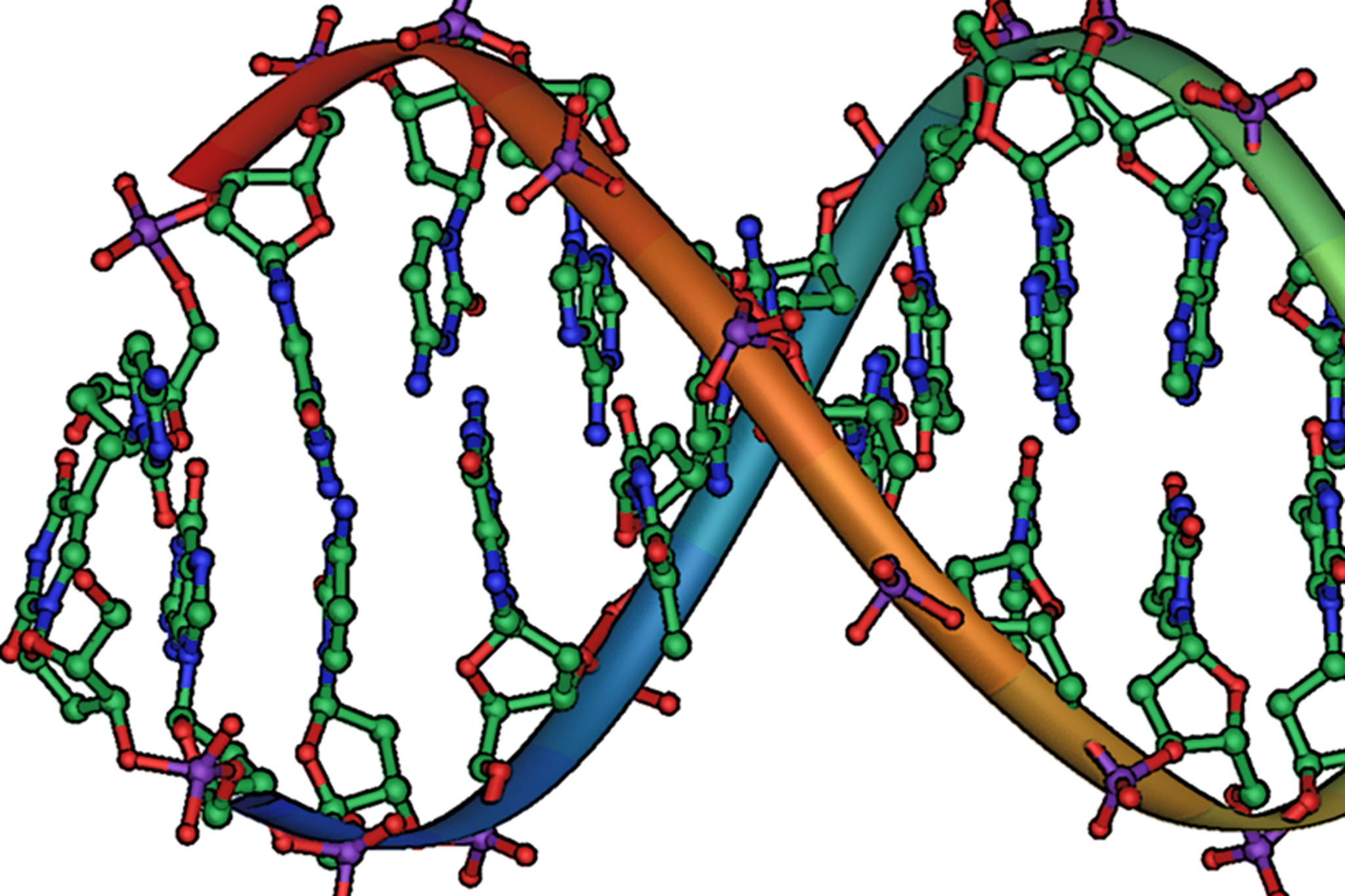On April 17, President Donald Trump tweeted “LIBERATE MINNESOTA” in support of people protesting the governor’s stay-at home order there. Within five minutes, he fired off similar tweets aimed at Michigan and Virginia. Apparently, he didn’t recognize his message contradicted the guidance his administration released the day before.
Or maybe it didn’t matter. Because as New York Times columnist Jennifer Senior wrote a few weeks earlier “Trump is genuinely afraid to lead.”
According to Senior, that’s one of five narcissistic traits Trump has displayed throughout the coronavirus crisis. His friend, Piers Morgan, offered a similar but more concise verdict. Trump’s daily press briefings, he said, were “self-aggrandizing, self-justifying, overly defensive, politically partisan, almost like a rally.”
I don’t want to focus on Trump though. Because archetypal psychology suggests narcissism is one of many personality flaws lurking inside the subconscious of us all. Left unchecked, it can damage personal relationships and wreak havoc in the workplace.
And infect entire organizations.
Narcissists “harbor skyscraping delusions about their own capabilities” Senior writes. “They exaggerate their accomplishments, focus obsessively on projecting power, and wish desperately to win.” That sounds like most Republicans and Democrats in Congress.
Narcissists are “too thin skinned to be told they’re wrong.” We all react defensively to criticism. But it’s much easier for political parties, government agencies, corporations and popular movements to deny the evidence that reveals the mistakes they’ve make.
“Narcissistic personalities love nothing more than engineering conflict and sowing division.” And they’re “vindictive. On a clear day, you can see their grudges forever.” These traits are amplified by the mob mentality that’s pervasive throughout social media.
Narcissism isn’t uniquely American. But it’s possibly more prevalent in a culture with individual freedom and rights enshrined in the nation’s founding documents. Our DNA is wired to consider the health and wellbeing of the community only after taking care our ourselves. And doing the same for our families can affect how we behave in larger groups.
All that said, I’m not intending this to be a universal indictment of the American spirit. Doing so would be ignoring the many inspiring stories that would prove me wrong. And this crisis hasn’t stopped people from keeping the needs of others at the head of the line.
On example is Covid19MutualAid. Before the governor of Washington issued a stay-at-home order, a group of citizens in Seattle established a program to recruit volunteers for delivering food, prescription medication and other essentials to the vulnerable members of their communities.
Groups like that have sprung up around the country, especially in the most hard-hit regions.
Some restaurant owners are donating prepared meals for children who relied on school lunch programs for nutritional meals. Others are providing them to over-stressed health care facilities.
Another example are landlords who have waived rent payments for their suddenly unemployed tenants.
There are virtuous models among the uber wealthy too. Dallas Mavericks owner Mark Cuban is a billionaire. After the NBA suspended its season, he decided to continue paying arena ushers, concessioners and cleaning staff. He’s also finding ways to support local businesses in neighborhood around the arena. “It’s just the right thing to do,” he said.
These acts of kindness didn’t rise out of nowhere. They’re the fruit borne from exercising our brain’s introspective muscles. Neglecting them gives permission for the ego to exaggerate our generosity, accomplishments, and skills. Or run and hide in fear like billionaire David Geffen. He sent an Instagram photo his 450-foot yacht with the message “Isolated in the Grenadines avoiding the virus.”
The “Growth and Opportunity Project” was an introspective assessment the Republican Party performed after Mitt Romney lost the 2012 presidential election. It called for “comprehensive immigration reform” and advocated extensive outreach to women, African-American, Asian, Hispanic and gay voters.
All that was shelved when primary voters delivered the party’s nomination to Trump. And in desperate pursuit of the winning the White House, almost every Republican member of Congress fell in line.
But the country as a whole bears some responsibility for how a classic narcissist won the presidency. And I wonder if it’s partly because America’s founders didn’t qualify the unalienable rights to liberty and the pursuit of happiness such that exercising them must not infringe on the rights of others or compromise the common good.
• Rich Moniak is a Juneau resident and retired civil engineer with more than 25 years of experience working in the public sector. Columns, My Turns and Letters to the Editor represent the view of the author, not the view of the Juneau Empire.

